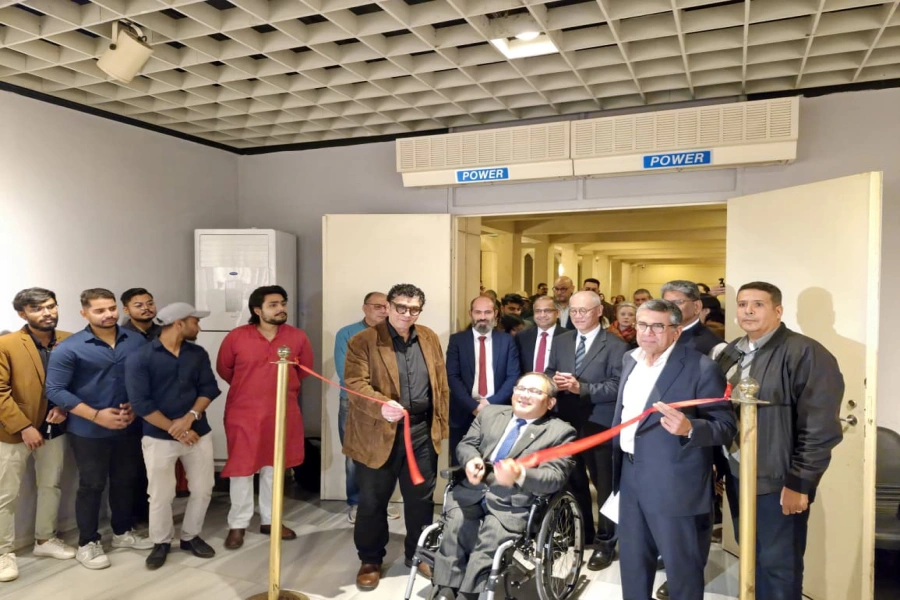The issue of constitution amendment has come to the forefront since the July 1 agreement between the largest party, Nepali Congress (NC) and the second-largest party, CPN-UML, to form a new coalition. While some people view this agreement reached between the two major parties in the country positively, others are sceptical, fearing that their constitutional rights might be curtailed. Although Prime Minister K P Oli and other leaders of the ruling parties have assured that the current rights of the people will not be affected by the amendment, there remains a degree of uncertainty about how this process will unfold. Given that the constitution is the fundamental law of the country, it is essential to achieve broader consensus among the people and the political parties that represent them. The constitution amendment was not a primary agenda in the House of Representatives election, meaning the current parliament lacks the mandate—and arguably the moral right—to amend the constitution. This issue must therefore be handled with great care.
In a parliamentary democracy, the largest party typically forms the government, while the second-largest party assumes the role of the opposition. However, in Nepal, an unusual coalition has been formed, with K P Oli, leader of the CPN-UML—the second-largest party—heading the government with the support of the largest party. One justification given for this unconventional alliance is the need for constitution amendment. The issue has gained momentum across Nepal’s political spectrum since the formation of the new coalition government. While the ruling parties support the idea, the main opposition—CPN (Maoist Center)—and other opposition parties have openly objected to the idea arguing that this might strip away people's rights under the guise of amending the constitution. This makes it clear that both the ruling and opposition parties are using the issue of constitutional amendment as a political strategy. The failure to forge a broader consensus among parties on the issue and its content raises doubts about its success.
Handle with care

The constitution does have provisions for review and amendment in every 10 years, with a clause in the 2015 Constitution allowing for flexibility, as all articles except Article 274 (1) are amendable. However, we must not forget that this is a historically significant constitution, promulgated by a Constituent Assembly elected by the people. Thus, attempts to amend the constitution could backfire if the issue is mixed with the strategic goals of any particular party, leader, or group. If the government is serious about amending the constitution, it should first undertake a thorough, independent review of its 10 years of implementation. This should be followed by public discussion and the collection of suggestions from citizens. Only then should any amendments be considered.
Article 274 of the Constitution outlines the procedure for amendment by a two-thirds majority of Parliament. However, constitutional amendment was not an agenda in the 2022 House of Representatives elections, and therefore the current parliament clearly lacks the mandate or moral authority to amend the constitution. Nepal's democratic practices remain relatively immature, with leaders frequently altering processes for their own convenience. This opportunistic approach must come to an end. Political parties should first raise the issue of constitutional amendment during elections, then pursue amendments based on the resulting mandate. This would mark the beginning of a more mature democratic practice in the country. The issue of constitutional amendment should not be reduced to a matter of political bargaining or strategy of any party or group.



-1200x560-1771928761.webp)




































